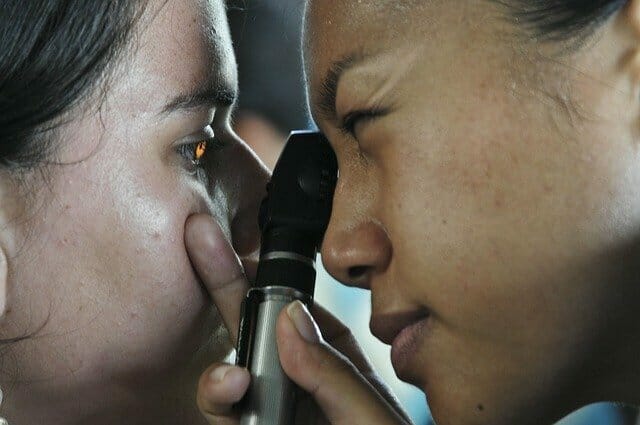Common Causes of Morning Blurriness
Dry Eyes
One of the most frequent reasons for experiencing blurry vision in the morning is dry eyes. Overnight, our eyes can lose moisture, especially if you're sleeping under a ceiling fan or in a room with low humidity. It's also worth noting that those with dry eye conditions might be more susceptible to morning blur. If dry eyes are making your mornings misty, there are various treatments you can consider, like warm compresses or even specialty contact lenses designed for dry eyes.
"Many people overlook the impact of dry eyes on their vision. But it can significantly affect your quality of life."
Sleep Debris
You know the crusty stuff that sometimes gathers at the corner of your eyes when you sleep? That's sleep debris. This can scatter the light entering your eyes, leading to blurred vision when you wake up. A simple wash can often fix this issue.
Low Light
Sometimes, it's not your eyes; it's the environment. Waking up before sunrise or in a dark room can strain your eyes and make your vision appear blurry. Your eyes need time to adjust to the light conditions.
Fuchs' Corneal Dystrophy
This is a condition where the cornea swells, leading to vision problems. Your eye doctor can help diagnose this issue early. It's particularly common in older adults and can cause blurred or hazy vision upon waking.
Floppy Eyelid Syndrome
Floppy Eyelid Syndrome is often overlooked but can be a cause of blurry morning vision. It happens when the upper eyelid is unusually lax and can flip open during sleep, exposing the eye to potential irritants.
Sleeping Under a Ceiling Fan
If you love sleeping under a ceiling fan, be cautious. The constant air flow can dry out your eyes, leading to blurriness when you wake up. Consider lowering the fan speed or using artificial tears before bed.
Eye Allergies
Seasonal or indoor allergies can also cause morning eye blurriness. Allergens in your sleeping environment like dust, pollen, or pet dander can irritate your eyes. Make sure to keep your sleeping area clean to minimize allergens.
Each of these issues has its own solution, and some might even require medical treatments like vision therapy or specialty lenses. Don't let morning blur cloud your day; a visit to an eye specialist can go a long way in clearing things up.















